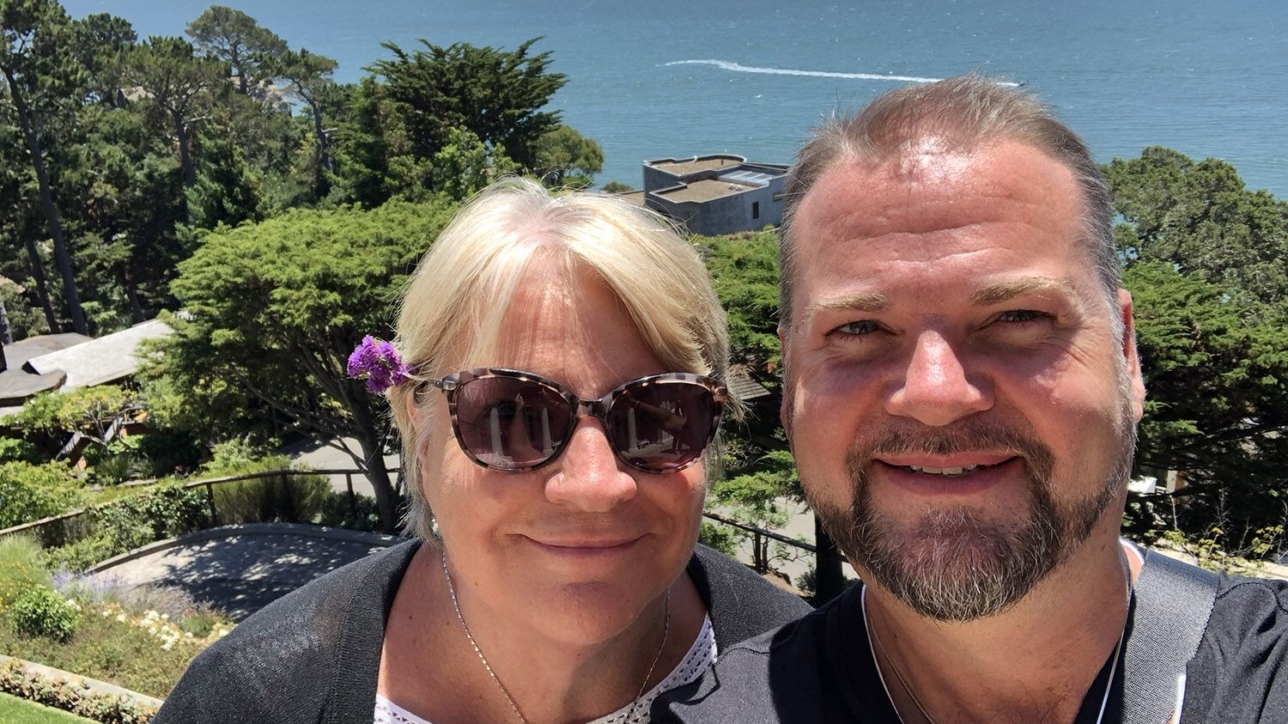“It is true that we are called to create a better world. But we are first of all called to a more immediate and exalted task: that of creating our own lives.”
I was invited, and I accepted the invitation of EPP, The Enneagram Prison Project, to attend a symposium inside San Quentin State Prison in California. Prior to entering the prison on the day of the symposium, I had met many of the people involved with EPP, including the Ambassadors, men and women who are former incarcerated students of Susan Olesek, and her trained guides. I had heard their stories and witnessed, through their own words, how the enneagram program taught inside the prisons had changed their lives. Certainly their stories are compelling and life-altering. They are lovely people for whom I cheer and wish the best. They are an inspiring and a wonderful reminder of how we “do the work together.”
My biggest takeaway was that the enneagram study really works! I had the amazing opportunity to talk with many of the incarcerated who were present and told me how much they had learned about themselves. What was even more evidenced was how comfortable they were in the presence of each of us. We shared a common bond: our interest and work with the enneagram tool. We spoke the same language and in their eyes I saw and experienced connection.
There are faces I will never forget. Whatever I expected before I went into the prison, those thoughts and preconceived notions evaporated within seconds, including my experience studying the enneagram. As the chapel filled with the students, they immediately dispersed among the visitors and I found myself gob smacked by the feeling that they were welcoming me. I was in their home and they were making me feel welcomed. I’m not sure what I had expected, but whatever it was, I found myself pleasantly surprised by how comfortable and easy they made our introductions feel. We were simply one, shaking hands and exchanging pleasantries…pleasantries that were authentic and genuine. As a first timer, I was made immediately welcomed. I observed that those who were more familiar…who were guides or had been into the prison before…they were easily recognizable to the students. It was like a family reunion, where everyone was happy to see the other and took up precisely where they had left off. And I observed that they worked the room like the hospitable hosts that they were.
It was a beautiful day on the peninsula. The prison personnel were accommodating. We moved about in the room that was the prison chapel with tremendous freedom to congregate and speak openly. The camaraderie was palpable. I’m not sure I’ve ever attended a more free-flowing event. As the room filled and we took seats, I found myself filling up with love and connection and extreme gratitude to be a part of such an extraordinary event. I wanted to savor every moment.
When the time came to leave and we gathered, as is the custom at EPP, in a circle to share one word to represent our presence there, I could think of many. Love, connection, and friendship came to mind, and I chose gratitude. I felt so grateful to walk among those who were really doing the work to know themselves…to unlock the doors to the “prisons of their own making.” I was struck by how well they were succeeding at it. Helen Palmer, in her remarks to the group, reminded the room over and over again that they “had time” to do the work. While I do not believe any student in that room believed that they did not have time, I do believe that they heard her message with the good intention with which it was delivered. The people, the program, and the work had, without doubt, changed their lives and their understandings of their true selves and their individual gifts and where and how they fixate in type. They brought their humanity and their connectivity to all in the room with them that day. And it hung like an aura amongst us all, shining a light of benevolence and compassion throughout the space.
As I took the long walk down the sidewalk toward the parking lot, away from the chapel, the prison, the courtyard, the guards, the clanging doors, the solemnity and friendship inside, I thought about my own work. The students on the inside had profoundly done more than remind me that the work is never done. They afforded me an opportunity to observe my own reactivity and to even see my own gifts. Always I have been taught that you need a teaching, a teacher, and a community. I believe that now. I see that now. AND, most importantly, as Susan Olesek teaches, “we do the work together.” She taught our hosts that and they taught me that that day in San Quentin.

